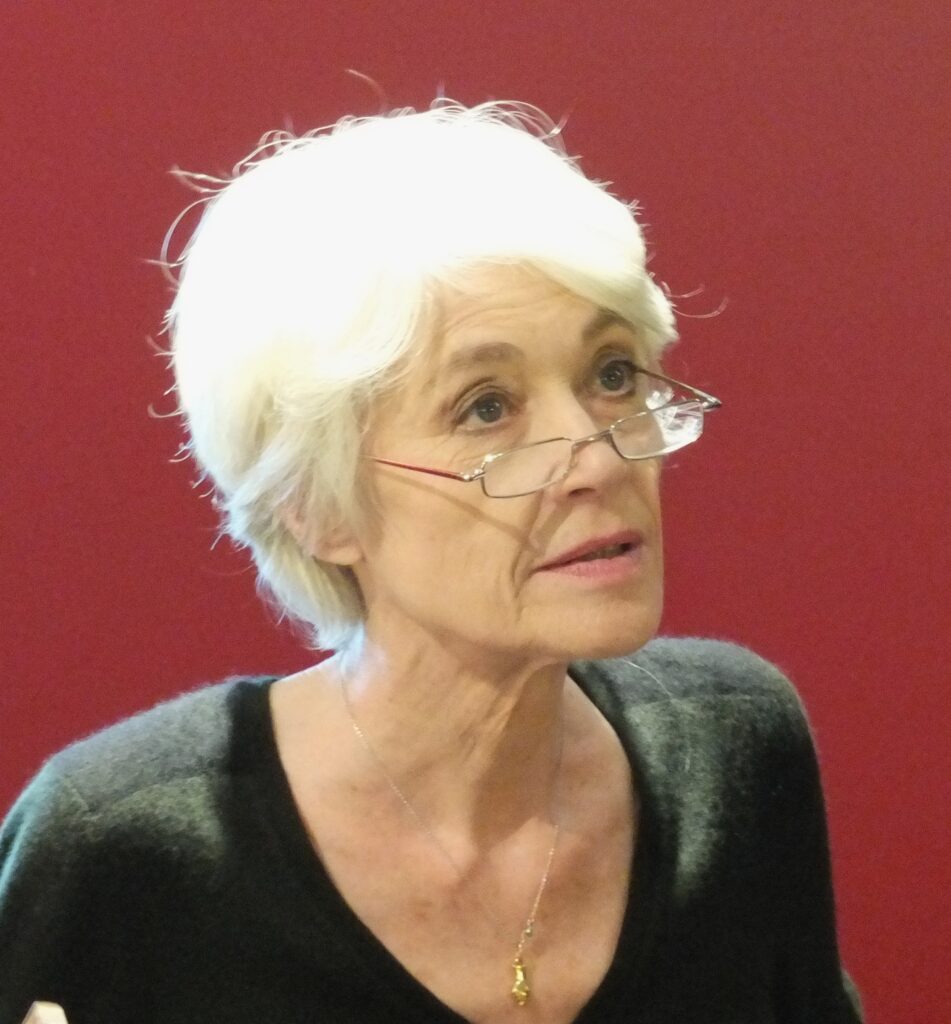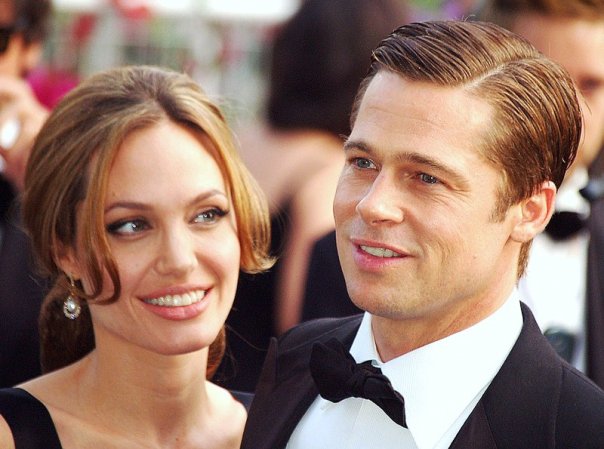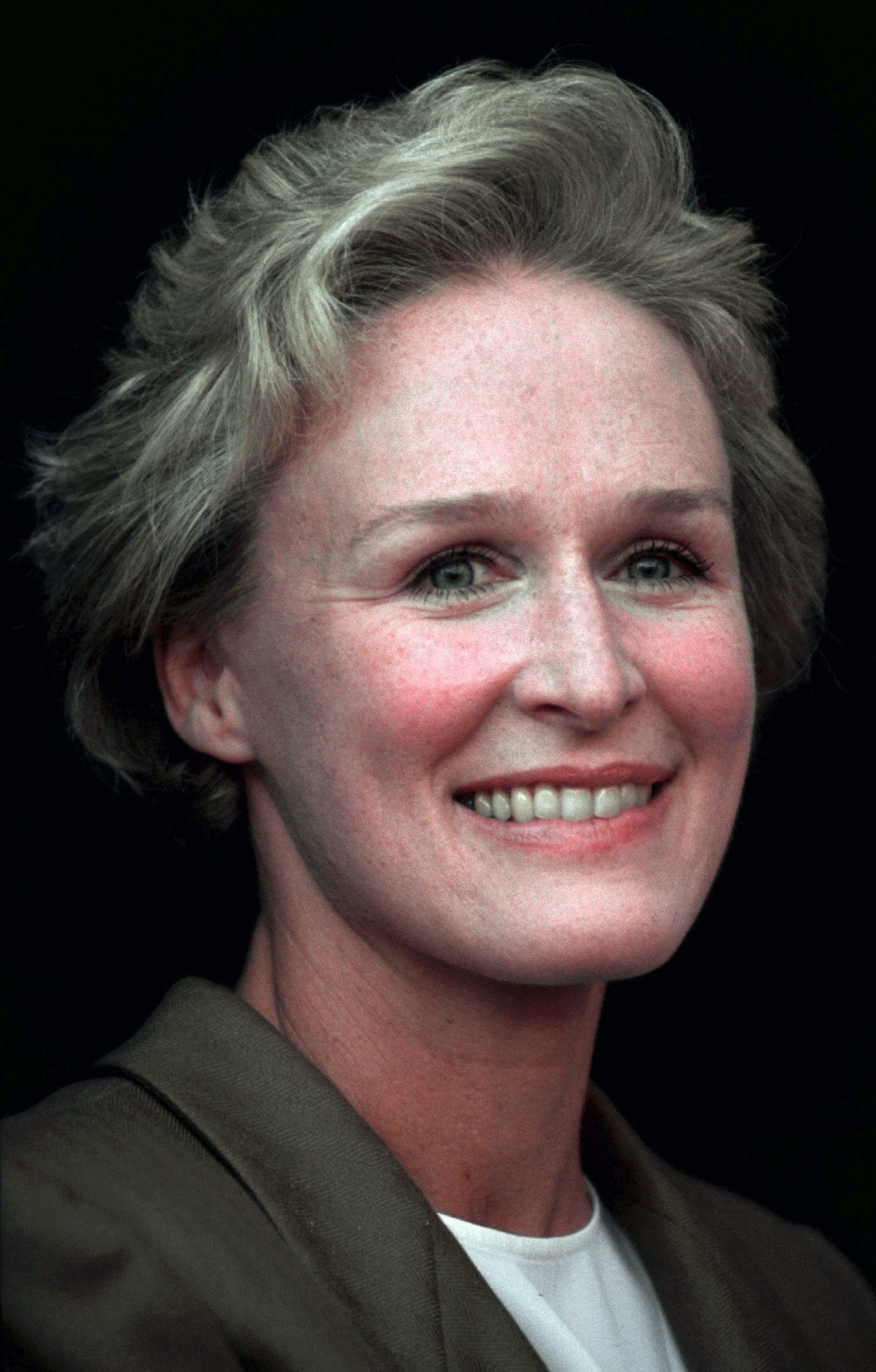
With a career that has soared to legendary status, Glenn Close has undeniably cemented her place as one of the most treasured actors of her time. Her multi-decade journey through stage and screen has consistently showcased a remarkable ability to inhabit a breathtaking range of characters, from figures of empowerment that resonate deeply with female viewers to antagonists whose very presence sends shivers down an audience’s collective spine from the first frame onward. This versatility, coupled with an unwavering commitment to psychological depth, has made her a formidable force in any genre she graces. Her collaborations with powerhouse directors across the industry have only further solidified her reputation as the secret ingredient to cinematic excellence.
Indeed, much of Close’s enduring fascination lies in her extraordinary capacity to make even the most morally ambiguous or outwardly ‘villainous’ characters profoundly captivating. She delves beyond the surface, seeking out the human motivations, vulnerabilities, and inner turmoil that drive these complex individuals, transforming them from one-dimensional caricatures into compelling studies of the human condition. This unique approach allows audiences to grapple with characters that defy easy categorization, forcing a re-evaluation of what constitutes good and evil, and why certain figures continue to haunt our collective imagination long after the credits roll.
As we embark on a journey through some of her most indelible performances, we explore the intricate layers Glenn Close brings to her roles, beginning with those that have most powerfully shaped her iconic persona. These are the characters that not only highlight her unparalleled acting prowess but also illuminate her singular gift for rendering even the darkest corners of the human psyche with an unnerving elegance and an authoritative yet deeply engaging narrative.
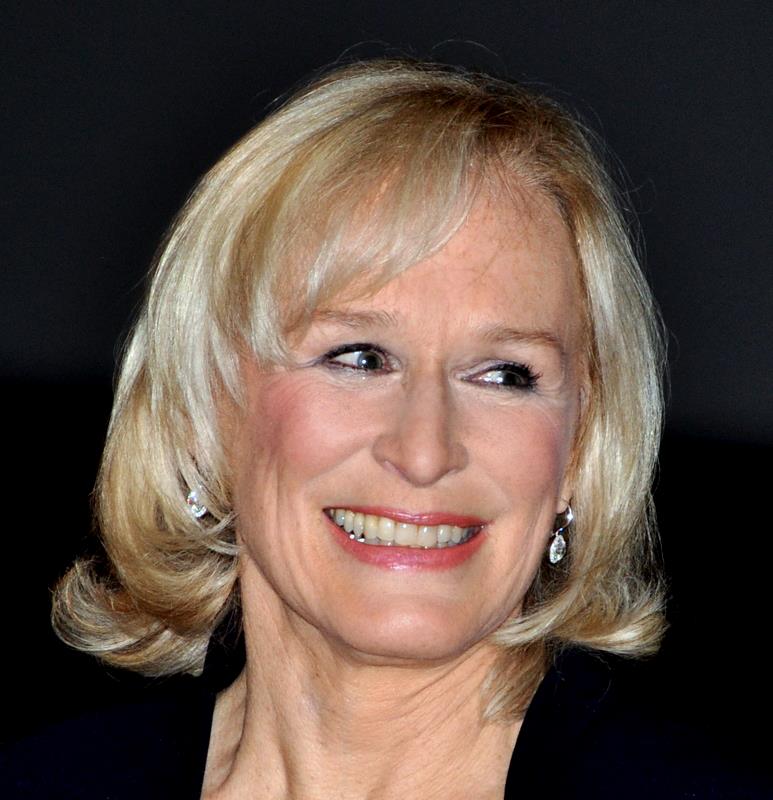
1. **Alex Forrest — Fatal Attraction (1987)**No discussion of Glenn Close’s iconic career would be complete without acknowledging the role that, arguably more than any other, catapulted her to international stardom: Alex Forrest in “Fatal Attraction.” This 1987 thriller, a phenomenon of its era, introduced audiences to a character whose complexity Close imbued with such intensity that she became the very stuff of movie legend. The film centers on Daniel “Dan” Gallagher, a successful lawyer whose seemingly blissful marital existence is upended by a passionate weekend affair with Alex.
What unfolds is a narrative where Dan perceives the encounter as a fleeting indiscretion, while Alex, tragically, feels it is something far more profound. It is Close’s masterful portrayal that elevates Alex beyond a mere antagonist, injecting a chilling blend of desperation and conviction into every scene. Even as her actions escalate into what many would term ‘ridiculous antics,’ Close’s performance anchors Alex in a discernible, albeit deeply disturbed, reality that defies simple dismissal.
Notably, Close herself has stated in numerous interviews that she “never viewed Alex as a villain,” a perspective that profoundly shaped her interpretation. This dedication to uncovering the character’s “genuine vulnerability” is what renders Alex Forrest so uniquely special within her filmography. It is through Close’s tireless efforts that the audience is made to confront the underlying pathos of a woman consumed by perceived abandonment, transforming what could have been a standard ‘femme fatale’ into a complex psychological portrait.
Beyond the infamous one-liners and the film’s genre-defining thrills, it is the raw, unflinching honesty Close brought to Alex’s desperation that continues to resonate. Her performance in “Fatal Attraction” stands as a powerful testament to her ability to command the screen and create a character whose impact on popular culture, and indeed on Close’s own trajectory, remains arguably “the most fantastic role of her entire career.”
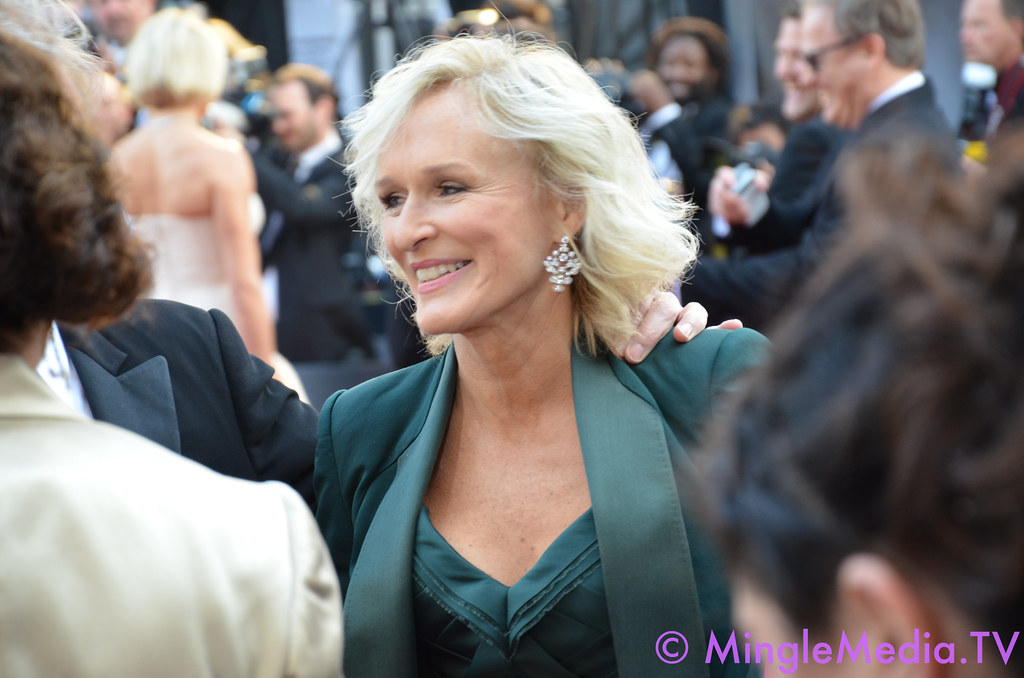
2. **Marquise de Merteuil — Dangerous Liaisons (1988)**In the grand tapestry of dramatic literature, the Marquise de Merteuil from “Dangerous Liaisons” is a role of profound significance, a figure “driven by love and revenge” whose cunning and theatricality challenge the very foundations of societal morality. Yet, as the critical consensus confirms, “no one has portrayed the character quite like Glenn Close.” Her 1988 cinematic embodiment of the Marquise was nothing short of a revelation, adding her “signature lightning-fast reflexes, unique choices, and delicious spin on villainy” to bring this intricate individual to vivid, fascinating life on screen.
Close’s Merteuil is a woman of formidable intellect and icy control, orchestrating a complex web of seduction and betrayal with a calculated precision that is both terrifying and undeniably alluring. Her interactions with Valmont, particularly in their games of power and conquest, are imbued with a sharp, almost predatory wit. The elegance of her posture and the precise articulation of her dialogue underscore a character who views human emotion as a manipulable currency, yet harbors her own deeply buried scars.
What truly distinguishes Close’s portrayal, however, are the subtle “hints of vulnerability the character exhibits.” Despite her unwavering resolve never to betray her true feelings, Close masterfully uses “the tiniest expressions”—a flicker in her eyes, a slight tremor in her voice—to convey the Marquise’s inner turmoil as the plot unravels towards its “unforgettable finale.” This delicate balance between outward composure and internal chaos creates a richly textured character who is far more than just a purveyor of malice.
Adding another layer to this remarkable performance is the extraordinary circumstance under which it was achieved: Close “had only given birth to her daughter seven weeks before production.” That she could deliver such a nuanced, physically demanding, and psychologically profound portrayal speaks volumes about her dedication and innate talent. Her Marquise de Merteuil remains a definitive study in sophisticated villainy, etched with an indelible blend of power, pathos, and breathtaking artistry.
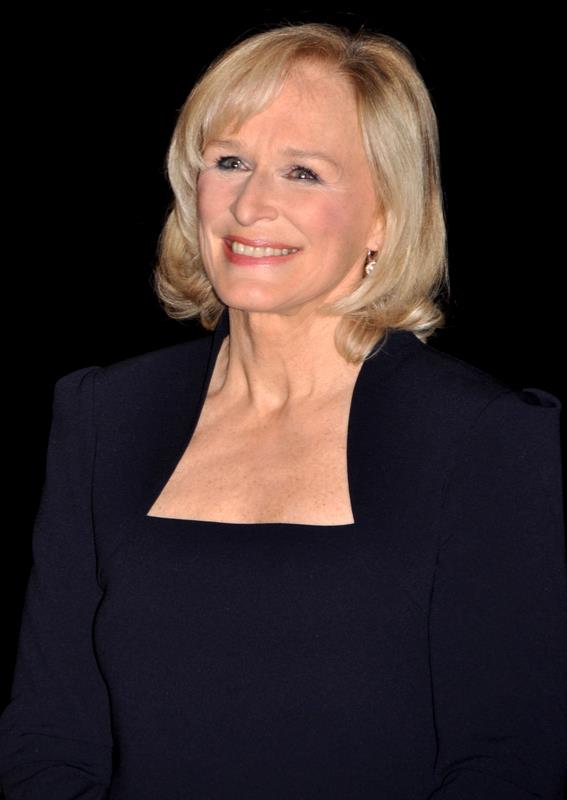
3. **Patty Hewes — Damages (2007–2012)**Transitioning seamlessly from the grand historical drama of the Marquise to the cutthroat contemporary legal thriller, Glenn Close delivered what is widely “considered her most iconic TV role” as Patty Hewes in the FX series “Damages.” This performance was nothing short of “an acting tour de force,” a masterclass in portraying an “incredible lawyer who keeps her emotions tucked under her sleeve” while navigating a treacherous world of high-stakes litigation and personal betrayal. Hewes is a character whose enigma is as captivating as her legal brilliance.
The series deftly explores Patty’s relentless pursuit of justice, or perhaps, victory, as she “takes on a multitude of extreme cases.” Yet, the true heart of “Damages” lies in “Patty’s relationship with her protégée Ellen,” a dynamic fraught with “highs to the lowest of lows.” Close’s portrayal of this mentorship—a complex blend of manipulation, grudging respect, and an almost maternal instinct—provided the show with its most compelling and psychologically charged narrative thread.
Close brings Patty to life with an astonishing intensity, delivering “memorable zingers and a cutthroat mentality” that define her formidable presence. Every “ferocious sequence in Patty’s story” is rendered riveting, driven by the character’s “obsession with perfection” and her unyielding resolve “not letting anyone (especially any man) stand in her way.” This unwavering determination, often bordering on ruthlessness, made Patty Hewes a captivating figure whose moral compass was perpetually open to interpretation.
Her commanding screen presence and the sheer force of her characterization earned Close numerous accolades, including multiple awards for this magnificent performance. Patty Hewes stands as a testament to Close’s ability to dominate the small screen with the same gravitas and complexity she brings to her cinematic roles, crafting a character whose psychological depth and formidable will continue to fascinate viewers long after the series concluded.
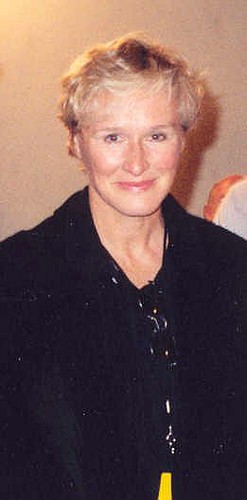
4. **Joan Castleman — The Wife (2017)**In a career replete with performances deserving of the highest honors, Glenn Close’s work as Joan Castleman in “The Wife” stands out as “one of the many roles that should have won her an Oscar,” lauded as “a masterclass in drama.” This film, based on the novel of the same name, peels back the layers of a seemingly conventional marriage, presenting Joan and Joe Castleman as a couple who initially “seem to be the yin to each other’s yang.” Joe, an award-winning writer, is on the cusp of receiving the Nobel Prize, a moment that should be the zenith of their shared life.
However, the narrative quickly reveals that “though it may seem like Joan is the perfect wife, there’s more to her story than just being a supportive figure.” Close’s performance is a study in quiet intensity, a profound exploration of sacrifice, resentment, and a secret held captive for decades. It is a masterful display of the adage “show don’t tell,” as Close “perfectly captures Joan’s complexities by simply shifting in her face.” A subtle glance, a suppressed sigh, a micro-expression—each conveys volumes about the character’s inner world, her unspoken narratives, and the depth of her emotional burden.
As the film inexorably progresses towards its more dramatic revelations, Close builds a compelling arc of simmering intensity, producing “one of the most compelling examples of intensity ever put on celluloid” through an accumulation of these finely tuned non-verbal cues. Her ability to convey such profound emotional weight without relying on overt declarations is a testament to her genius. She ensures that Joan remains a “fascinating from beginning to end,” drawing the audience into her silent suffering and eventual reckoning.
Close’s portrayal of Joan Castleman is undeniably “one of the most genuine and magnificent examples of Close’s particular strengths.” It is a performance that champions the power of subtlety, demonstrating how an actor of her caliber can transform internal conflict into a riveting external experience, leaving an indelible impression of a woman both powerful and profoundly wronged.
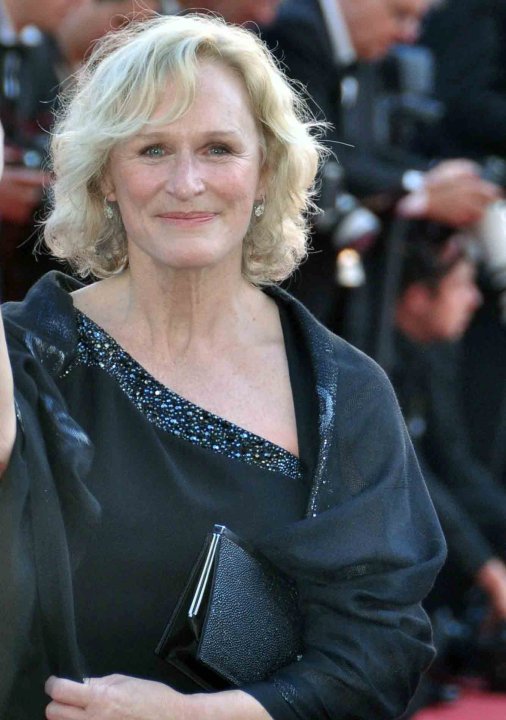
5. **Cruella de Vil — 101 Dalmatians (1996)**Stepping into the wildly patterned fur coats of the legendary Cruella de Vil from Disney’s 1996 live-action “101 Dalmatians,” Glenn Close delivered “one of Close’s most cherished roles,” transforming the animated villainess into a larger-than-life cinematic icon. Cruella, as portrayed by Close, became “a character just as iconic, bold, and memorable as Close herself,” captivating audiences with her extravagant aesthetic and a laugh that truly “sends shivers down any person or dog’s spine.” It was a performance that perfectly encapsulated the joyous, yet terrifying, spirit of the original.
Close’s take on this legendary Disney villain was defined by the “unique touches that Close brings,” elevating Cruella beyond a mere caricature. The film provided her “free rein to cut loose,” allowing her to fully embrace the “camp” sensibility that she has so masterfully wielded throughout her career. Her Cruella is a dazzling spectacle of theatricality, from her towering wigs and elaborate costumes to her exaggerated mannerisms, all while maintaining an underlying menace that never lets the audience forget her nefarious intentions.
The genius of Close’s portrayal lies in her “perfect balance of comedy and terror.” She imbues Cruella with a deliciously wicked sense of humor, making her outrageous demands and declarations hilariously over-the-top, yet always maintaining the chilling edge of a woman obsessed with fashion and utterly devoid of empathy for animals. This intricate balance, coupled with her subtle “tributes to Marc Davis’ original animation,” made her performance a “sight to behold.”
Close is celebrated as “one of the few actors to truly bring one of Disney’s animated characters to real life in the most delicious of ways.” Her Cruella de Vil is not merely a live-action adaptation but a definitive reinterpretation, a magnificent testament to her ability to fuse larger-than-life villainy with a compelling, if deeply unsettling, humanity. It remains a high-water mark in the history of live-action Disney villains.
Read more about: Does the Dog Die? 14 Heartwarming Films Where Our Furry Friends Live Happily Ever After
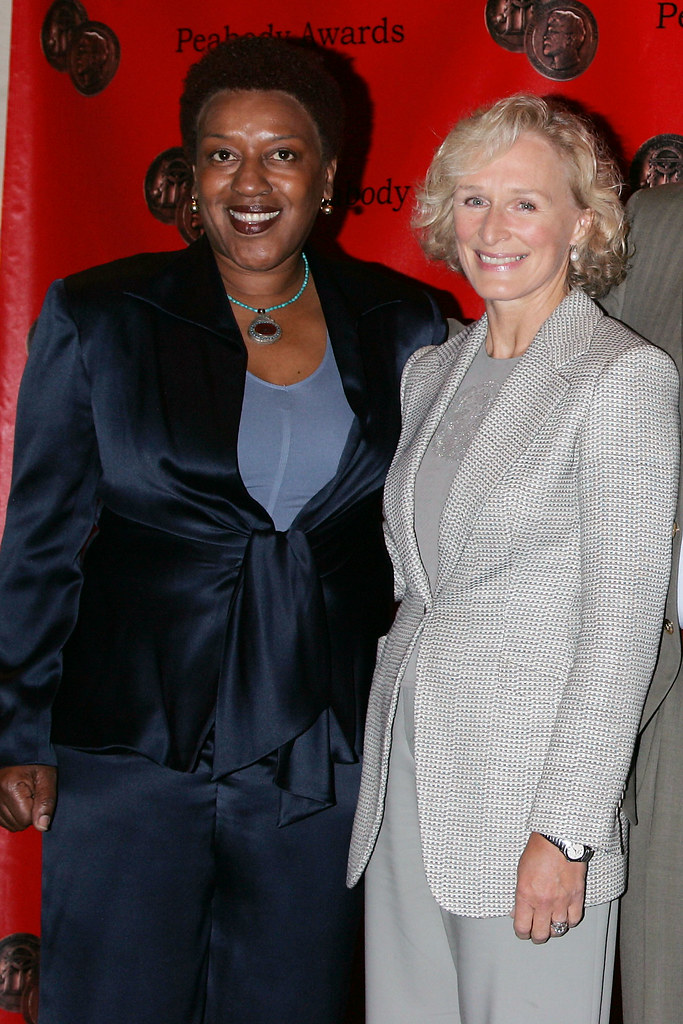
6. **Sarah Cooper — The Big Chill (1983)**Long before she became synonymous with psychologically complex antagonists, Glenn Close laid foundational groundwork for her career with roles that showcased a profound vulnerability, none more significant in her early filmography than Sarah Cooper in Lawrence Kasdan’s 1983 classic, “The Big Chill.” This “generation-defining dramedy,” centered around a group of college friends reuniting for the funeral of their friend Christopher who “took his own life,” offered Close a vehicle to demonstrate “her down-to-earth vulnerability in the best of ways.”
Despite the film’s engagement with “many incredibly dark subjects,” Close, alongside a legendary ensemble cast including Jeff Goldblum and Kevin Kline, helped make it an “enjoyable ride” for audiences. Her portrayal of Sarah, the maternal and grounding presence among the reunited friends, provided a crucial emotional anchor. The intimate dance sequences shared with the rest of the ensemble, imbued with a bittersweet nostalgia, stand as memorable moments of shared humanity and fleeting joy amidst grief.
However, it is in the “isolated moments in which she reflects on the intensity of the situation,” particularly “the shower sequence,” that Close’s portrayal of Sarah truly “stands out as one of the more memorable aspects of this classic film.” This scene, a raw and unvarnished expression of grief and despair, was so impactful that Close herself “credits one particular scene for that decision” regarding her Oscar nomination for the role. She candidly remarked to Entertainment Weekly, “I think my crying-in-the-shower scene had something to do with it. Hollywood loves to see . Naked or dead.”
As “the only member of the ensemble to earn an Oscar nomination” for this film, Close’s performance as Sarah Cooper not only underscored her formidable talent early in her career but also foreshadowed her ability to imbue characters with deep, relatable emotional lives, setting a powerful precedent for the diverse and impactful roles she would embrace in the decades to come.
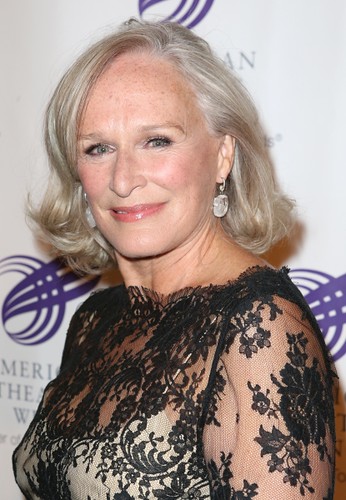
7. **Sunny von Bulow — Reversal of Fortune (1990)**In the darkly comedic and true-story-inspired “Reversal of Fortune,” Glenn Close delivered a performance as Sunny von Bulow that was as unique in its narrative structure as it was captivating in its execution. The film centers on the notorious murder trial of Claus von Bulow, “charged with killing his wife, Sunny von Bulow (Close).” What makes Close’s role particularly distinctive is that Sunny spends the majority of the film in a coma, serving as both “the narrator and the victim (in a ‘Sunset Boulevard’ sort of way),” guiding the audience through “her past and the present day” to piece together the perplexing events that led to her tragic state.
Close’s portrayal of Sunny is a remarkable blend of opulence and detachment, a figure “dressed to the nines and beyond” who exists as a spectral presence recounting her own downfall. Her performance embodies “a perfect blend of camp and the refined,” channeling the enigmatic allure of “a Hitchcock blonde without Alfred’s direction.” Sunny observes her life and the bizarre circumstances of her alleged murder “from a wickedly comedic angle,” providing a detached, sardonic commentary that underscores the absurdity and tragedy of her situation.
This unique narrative device allows Close to showcase every facet of Sunny’s enigmatic complexity, rendering “Reversal of Fortune’ intoxicating to watch.” Though physically inert for much of the film, Close’s voiceover and the carefully selected flashbacks she inhabits bring Sunny vibrantly to life. She uses her voice and subtle shifts in expression during these flashbacks to convey a woman of privilege whose inner world was far more tumultuous than her polished exterior suggested.
Close’s ability to “inhabit this character with dignity and grace” even as she navigates the most scandalous of circumstances is a testament to her artistry. Her Sunny von Bulow, with her “great collection of garments and hairstyles,” is a haunting, compelling presence, demonstrating Close’s profound capacity to create a character that is both a symbol of bygone elegance and a tragic figure of immense, spectral power.
## The Evolving Tapestry: A Deeper Dive into Close’s Diverse and Compelling Roles
Having explored some of Glenn Close’s most intensely captivating and often deliciously villainous turns, it becomes abundantly clear that her artistry extends far beyond the singular archetype. Her career is a magnificent, ever-unfolding tapestry, woven with threads of extraordinary versatility, an unwavering dedication to character, and an uncanny ability to imbue even the most understated figures with profound depth and unexpected dimensions. It is in these diverse roles, spanning genres and platforms, that we witness the full spectrum of her acting genius, demonstrating her consistent ability to create characters that resonate and endure, often revealing hidden layers long after the credits have rolled. Now, we delve into additional performances that further illuminate the expansive range and enduring impact of this cinematic titan.
Read more about: Beyond the Script: 13 Oscar-Winning Performances Where Actors Truly Became Their Real-Life Roles
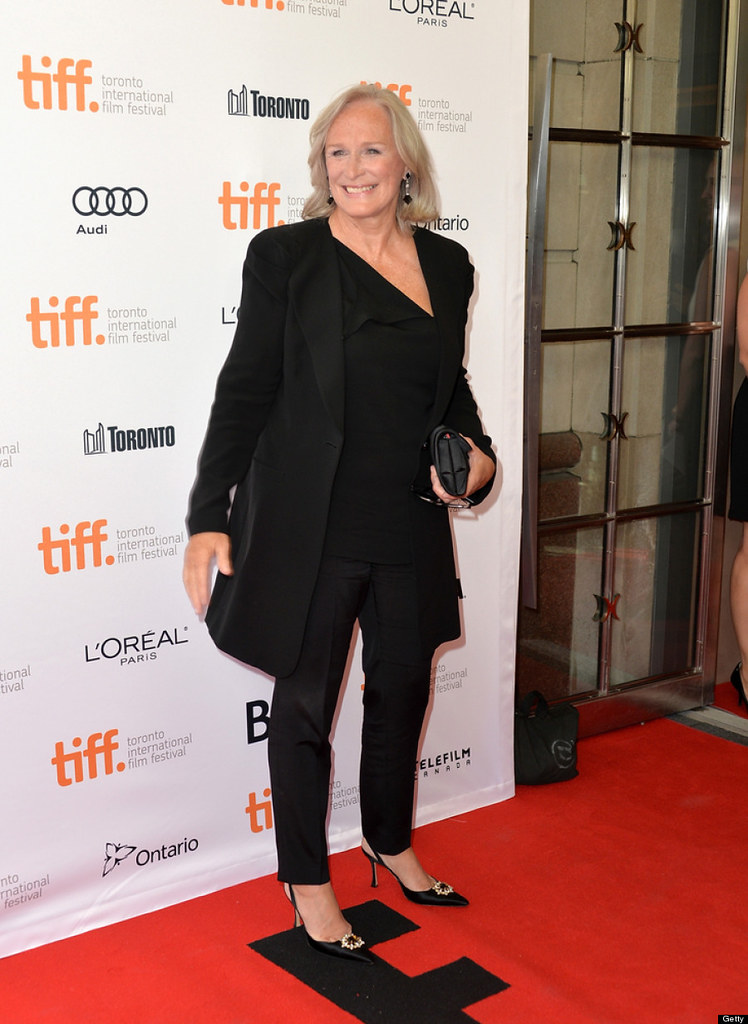
8. **Albert Nobbs — Albert Nobbs (2011)**Glenn Close’s portrayal of Albert Nobbs is a truly intriguing cornerstone of her filmography, a role she not only brought to the screen in 2011 but had also famously inhabited on stage years prior. Based on the novel and play “The Singular Life of Albert Nobbs,” the film introduces us to a late-19th century butler in Dublin who, biologically a woman, has spent decades living as a man to survive and thrive in a rigid society. Albert’s aspirations are modest yet profound: to open a tobacco shop and marry a beautiful maid, Helen Dawes, played by Mia Wasikowska, striving for a dream life that, as the narrative reveals, is fraught with inevitable obstacles and emotional complexities.
This role is a powerful testament to Close’s commitment to transformation, both physical and psychological. Despite the film occasionally grappling with an uneven approach to LGBTQ+ representation—a challenge inherent in adapting a period piece of this nature—Close’s performance transcends these cinematic flaws, serving as the undeniable anchor that guides the audience through Albert’s quiet, arduous existence. Her meticulous embodiment of Albert’s mannerisms, voice, and deeply internalized vulnerability creates a compelling and heartbreaking portrait of identity and survival.
The profound chemistry she shares with Janet McTeer, who plays Hubert Page, another woman living as a man, forms some of the movie’s most memorable and poignant sequences. These interactions highlight the rare camaraderie and understanding between two individuals navigating a clandestine existence, offering moments of genuine connection that are both tender and powerful. Close’s ability to successfully translate such an iconic and physically demanding stage performance to the screen, often years after her initial theatrical run, further cements her status as an acting force of nature.
Her dedication to the character, across mediums and over time, underscores her deep understanding of Albert’s inner world—the yearning for acceptance, the fear of exposure, and the quiet dignity maintained amidst profound personal sacrifice. It is a performance that champions the human spirit’s resilience in the face of societal constraints, rendered with a subtlety and authenticity that only an actor of Close’s caliber could achieve, leaving an indelible mark on cinematic storytelling.
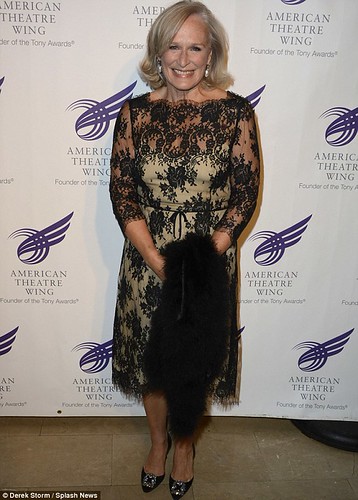
9. **Jenny Fields — The World According to Garp (1982)**Marking Glenn Close’s feature film debut, her portrayal of Jenny Fields in “The World According to Garp” is widely recognized as an undeniably peculiar yet pivotal role that immediately established her as a formidable presence on screen. Jenny is introduced as a character who wholeheartedly embraces a non-conformist lifestyle, making her anything but the typical cinematic mother figure. Her unconventional choices, from electing to have a baby out-of-wedlock in the socially conservative 1940s to engaging in candid interviews with prostitutes in front of her young son, Garp (played by a then 31-year-old Robin Williams), showcased a woman determined to “color outside the lines of life.”
Close masterfully captures this defiant spirit and intellectual curiosity, imbuing Jenny with a blend of steely resolve and compassionate observation. Despite some of the narrative’s more problematic elements, particularly concerning the circumstances of Garp’s conception and the notable age difference in the casting, Close’s performance elevates Jenny beyond the pages of John Irving’s original novel. She transforms her into an even more special and resonant figure, a beacon of feminist thought and unconventional strength.
Through countless fantastic sequences, especially those shared with Robin Williams in the later portions of the film, Close vividly brings Jenny’s journey to life, from determined single mother to an influential feminist icon. Her interactions with Williams are particularly compelling, showcasing a dynamic that is both tender and intellectually stimulating. This role, in its sheer audacity and emotional depth, instantly positioned Close as a powerhouse, capable of commanding both the big and small screen with equal gravitas and authenticity.
It was a groundbreaking debut that not only earned her critical acclaim but also signalled the arrival of an actress unafraid to tackle complex, challenging characters that pushed societal boundaries. Jenny Fields remains a testament to Close’s innate ability to find the profound humanity within the extraordinary, setting a high bar for the impactful career that would follow.
—
Through this expansive journey into Glenn Close’s filmography, it becomes profoundly clear that her career is not merely a collection of roles, but a dynamic, ever-evolving masterclass in character study. Whether she is unraveling the psychological intricacies of a perceived villain, embodying the quiet dignity of a woman living a secret life, or lending her tender voice to an animated maternal figure, Close consistently imbues each performance with an unparalleled depth and authenticity. Her ability to transition seamlessly between genres and mediums, always bringing a fresh perspective and an unwavering commitment to the human condition, solidifies her status as one of cinema’s most treasured and versatile artists. It is this remarkable range, coupled with her singular talent for revealing the unexpected dimensions within every character, that ensures Glenn Close’s enduring legacy will continue to captivate audiences for generations to come.


